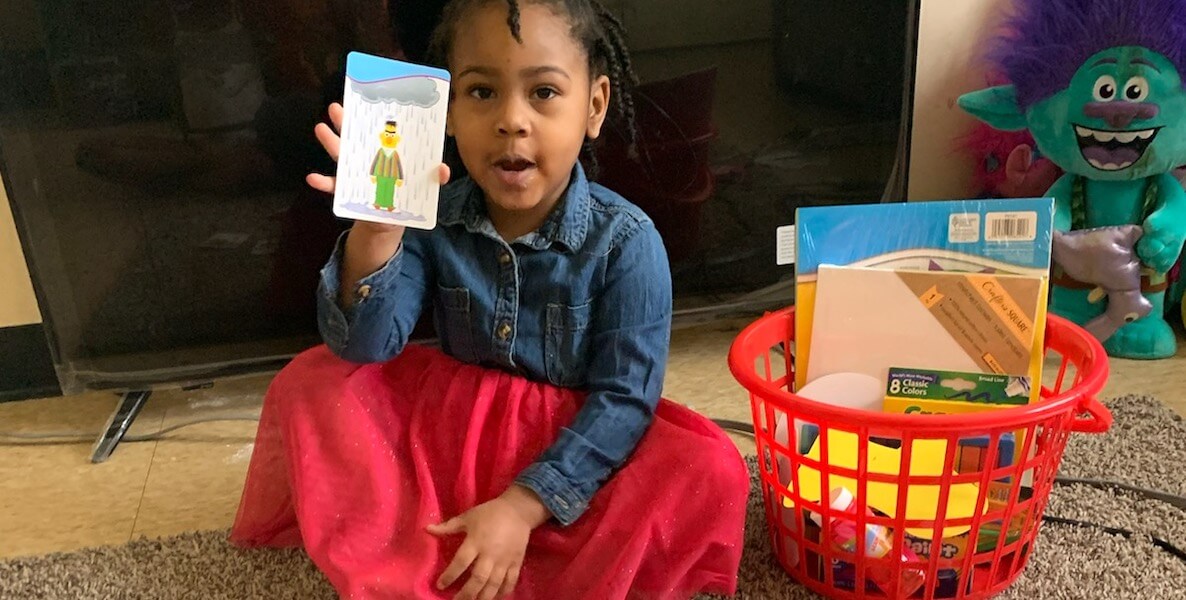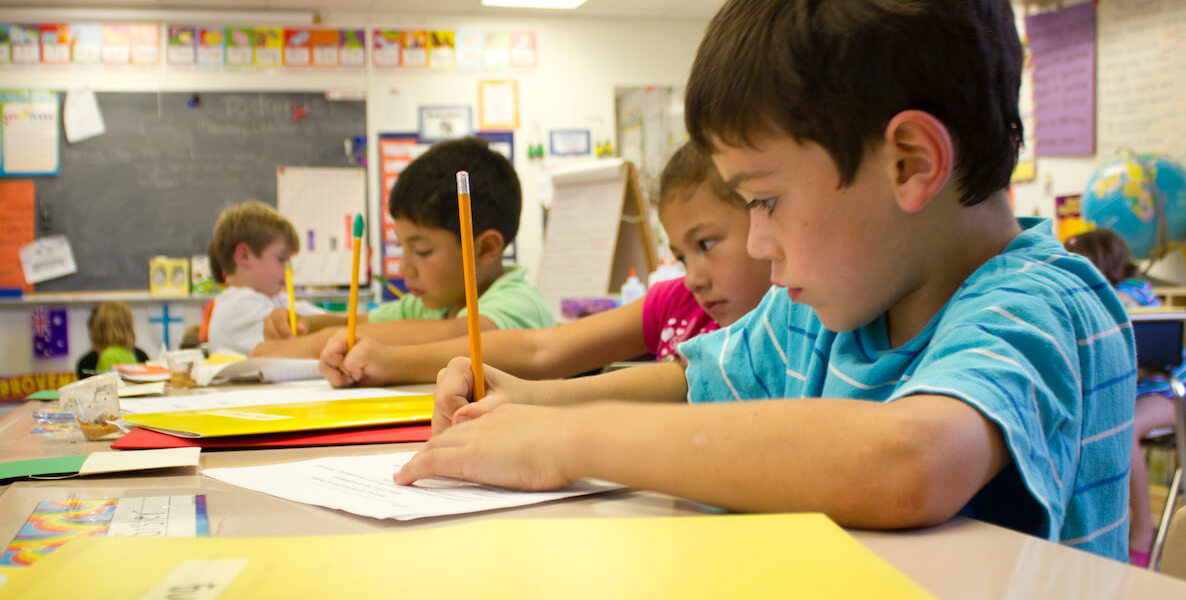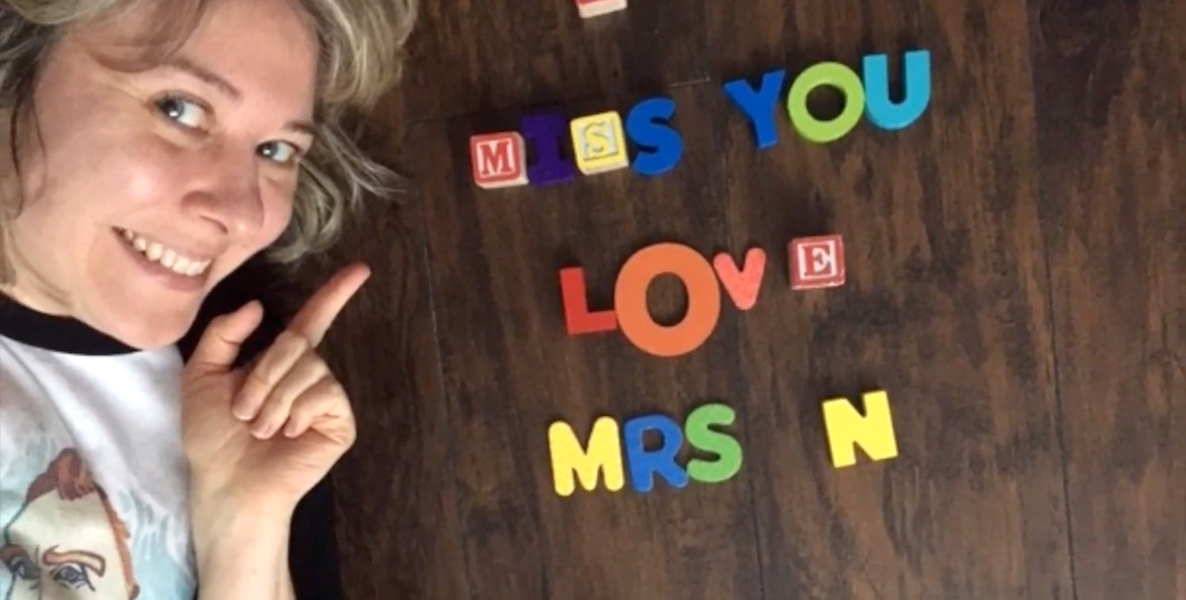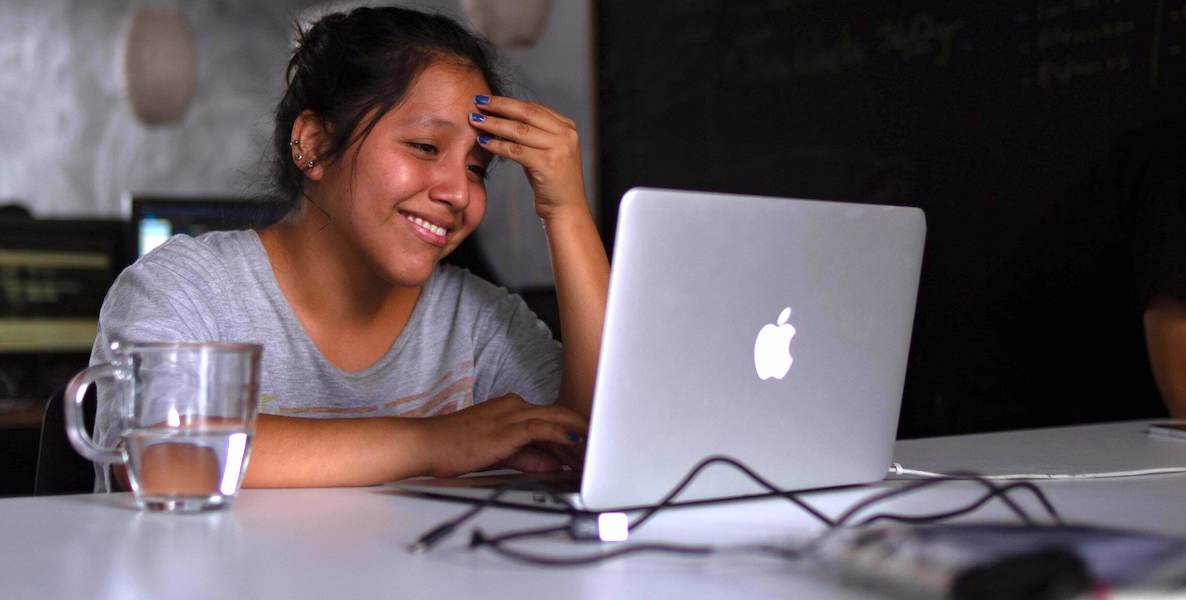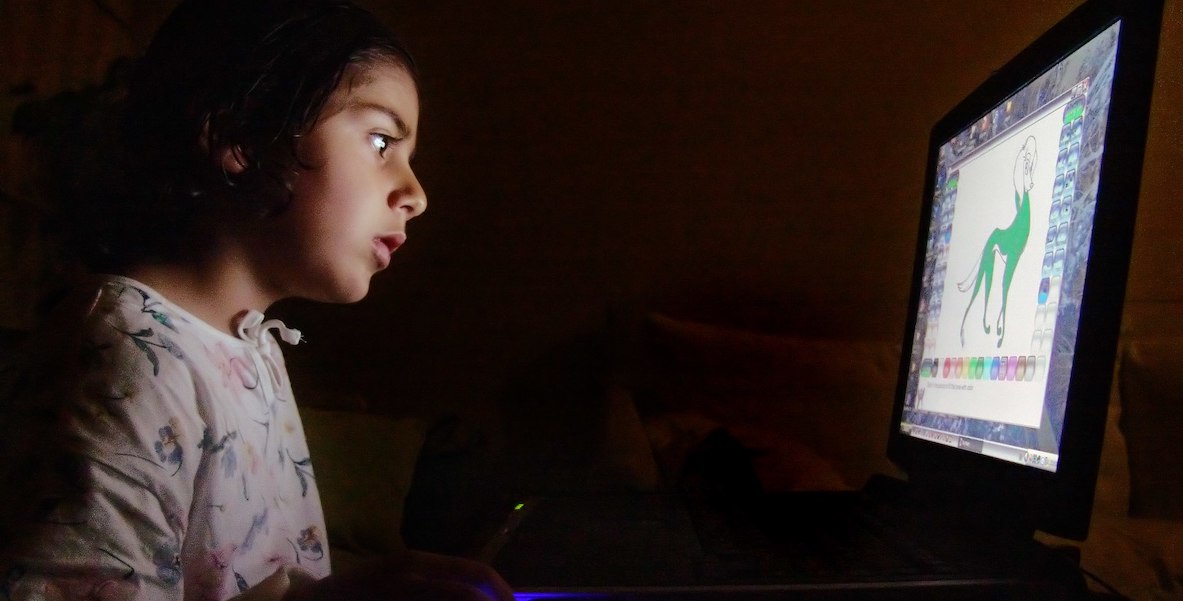We interrupt this season of misery to bring you the first real bright spot of the pandemic:
On Thursday, Mayor Kenney announced the launch of PHLConnectED, a collaboration to connect 35,000 low-income K-12 student households with internet services and devices. Given that most households have more than one child, the plan has the potential to reach 50,000 students, and the adults in their home as well.
![]() It’s heartening news and, with the announcement that most schools will rely on virtual instruction this fall, absolutely critical. But perhaps what’s most inspiring about it is how it happened as a result of businesses, schools, and civic leaders coming together—a strategy that The Citizen, and our late Chairman, Jeremy Nowak, has long held up as the model for urban problem-solving.
It’s heartening news and, with the announcement that most schools will rely on virtual instruction this fall, absolutely critical. But perhaps what’s most inspiring about it is how it happened as a result of businesses, schools, and civic leaders coming together—a strategy that The Citizen, and our late Chairman, Jeremy Nowak, has long held up as the model for urban problem-solving.
“I think what’s really important here is the fact that all of us came together,” says Dalila Wilson-Scott, president of the Comcast NBCUniversal Foundation; she and her team have spent the last decade focused on the digital divide, exploring what digital equity means, and how we can achieve it. “We’ve learned a lot, but we know that we couldn’t have done it alone. No district could. No city government could. We know that there’s more that can be done when everybody’s at the table.”
Over two years, the mix of foundations, government, and corporate partners will contribute varying amounts to the $17 million (with Comcast ponying up $7 million) that will provide devices, high-speed internet, and support for 35,000 low-income K-12 student households.
Among the partners involved: Comcast Corporation, the City of Philadelphia, School District of Philadelphia, charter schools, Philadelphia School Partnership, Lenfest Foundation, Neubauer Family Foundation, William Penn Foundation, Philadelphia Housing Authority, and others. Over two years, partners will contribute varying amounts to the $17 million (with Comcast ponying up $7 million) that will provide devices, high-speed internet, and support for both. (Full disclosure: Comcast supports The Citizen’s annual Ideas We Should Steal Festival.)
“We’re starting here with the students, but the entire household will be connected,” says Wilson-Scott. Digital access and, crucially, support and education around it, Wilson-Scott explains, is a key part of Comcast’s broader commitment to social justice. “We don’t want to just think about young people as future consumers of Comcast; people should be empowered by technology and understand what that means from an economic mobility standpoint. There’s not one career you can enter today without a basic understanding of technology and we want to help people get there faster.”
At yesterday’s press conference, Mayor Kenney called the program “transformational,” but it just may be that the collaborative spirit behind it will ![]() be just as impactful. “I think the key theme here is shared ownership of the need to solve the problem,” says Mark Gleason, executive director at Philadelphia School Partnership (PSP), which contributed $1 million. Early on, he says, every school was trying to solve the problem on their own: The School District was talking to Comcast, charter schools were striking their own arrangements with Comcast if they thought they needed to, and private schools were trying to do their thing. But as PSP and others surveyed schools, it became clear that this needed to be a problem that was attacked at a more comprehensive level.
be just as impactful. “I think the key theme here is shared ownership of the need to solve the problem,” says Mark Gleason, executive director at Philadelphia School Partnership (PSP), which contributed $1 million. Early on, he says, every school was trying to solve the problem on their own: The School District was talking to Comcast, charter schools were striking their own arrangements with Comcast if they thought they needed to, and private schools were trying to do their thing. But as PSP and others surveyed schools, it became clear that this needed to be a problem that was attacked at a more comprehensive level.
“Through May into June, there was a growing feeling that we have to figure out how to do this, city-wide,” Gleason says. The question was: Who’d lead the charge?
“There was a lot of messaging going on to sort of challenge the City, the administration, and say You’re in the best position to coordinate a cross-sector citywide effort. You’re the one who does the franchise agreement with Comcast, and you’re the one who sits above all of these different school systems that we have in the city. And so to the City’s credit, they grabbed that,” Gleason says. “By June, it was clear the City was going to form a group and actually try to make this happen. And I think the Kenney administration deserves a lot of credit, because they were talking to a lot of stakeholders.”
A task force met for weekly Zoom calls, to talk through the many pieces of the puzzle. How the program will unfold remains to be seen—critically, Accenture has come on, in a pro-bono consulting capacity, to help with program management and logistics—but Gleason and Wilson-Scott are hopeful that the approach employed here can be replicated to tackle other city problems.
“Not only is it a case study, I think it will make it easier for us to continue to collaborate when the city has a big problem like this,” says Wilson-Scott. “This is an idea that other cities will be able to take from Philly, hands-down.”
“Not only is it a case study, I think it will make it easier for us to continue to collaborate when the city has a big problem like this,” says Comcast’s Wilson-Scott. “This is an idea that other cities will be able to take from Philly, hands-down.”
Cynics will argue that PHLConnectED does not herald a long-term systemic change. But: It could, with funding, and further collaboration. For now, it would be misguided not to acknowledge the good here, even as City Councilwoman Helen Gym released a press release yesterday afternoon that was critical of PHLConnectED and of Internet service providers like Comcast, Verizon, and AT&T for not doing enough. (Gym led two recent protests of Comcast leading up to the long-planned announcement of the program).
![]() “We have a program in America where students get free lunch and free breakfast if they qualify. We don’t ask the food companies to give the food away. Taxpayers pay for that,” Gleason says, in response to such criticism. “But at the end of the day, we’ve decided that in order for kids to learn, they need to be fed. And so we feed them. And we do it with public resources. And so, yes, Comcast has to be a part of this. And to their credit, they are a big part of it. But it’s not just on their shoulders. Everybody stepping up together was really the only way that this could work.”
“We have a program in America where students get free lunch and free breakfast if they qualify. We don’t ask the food companies to give the food away. Taxpayers pay for that,” Gleason says, in response to such criticism. “But at the end of the day, we’ve decided that in order for kids to learn, they need to be fed. And so we feed them. And we do it with public resources. And so, yes, Comcast has to be a part of this. And to their credit, they are a big part of it. But it’s not just on their shoulders. Everybody stepping up together was really the only way that this could work.”
As we enter month five of the pandemic and tackle its many side effects—economically, medically, and otherwise—here’s hoping this is just the beginning. Yesterday, the Mayor said that the pandemic “has opened up an opportunity for real change, to tackle issues that have caused great inequities for far too long.”
Comcast’s Wilson-Scott agrees. “We know there’s still a lot of work to do,” she says. “We’re just looking forward to bringing more people to the table.”
Header photo by Frank Romero / Unsplash


